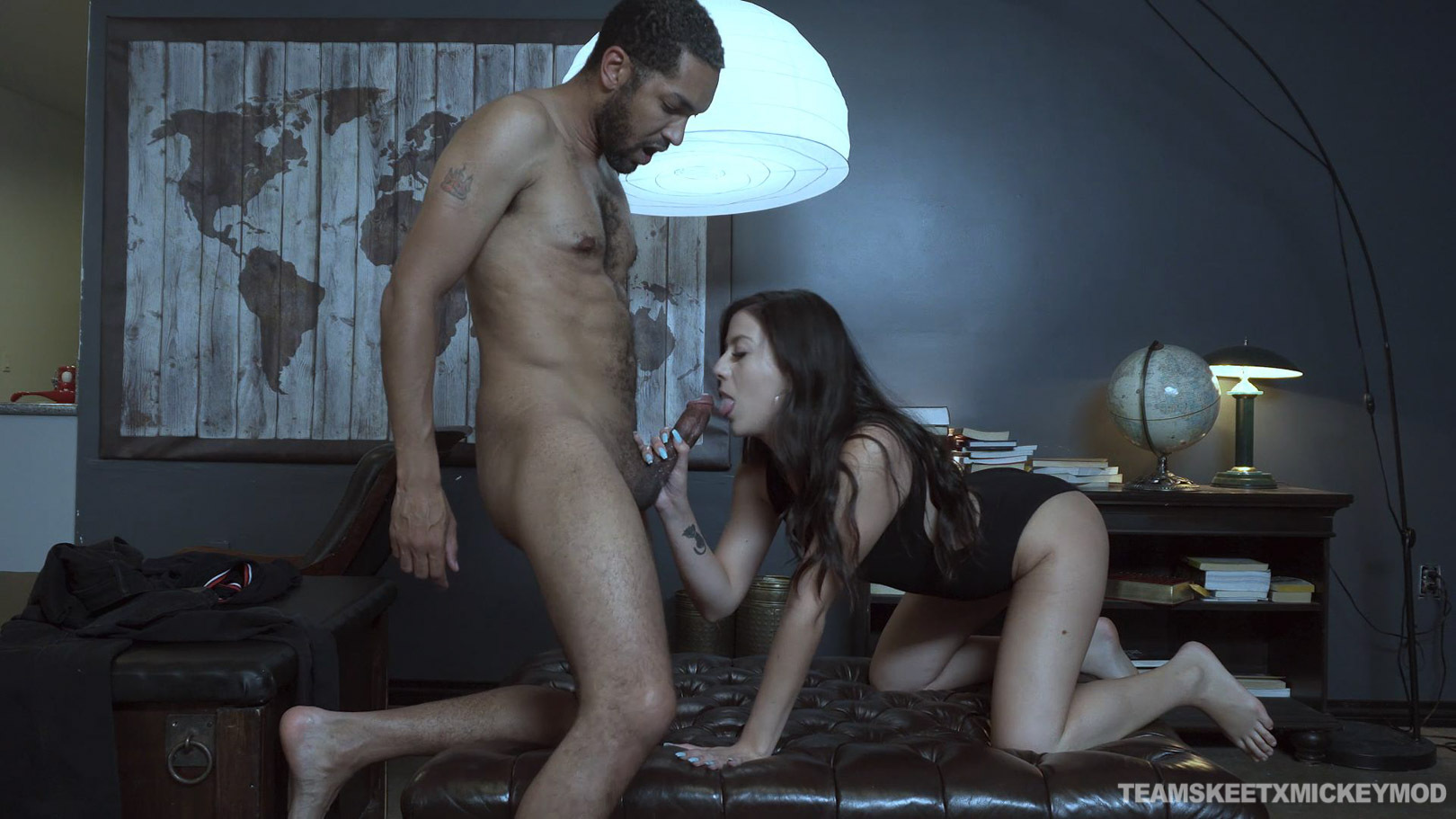- For Orders 812-070-3692
- donations@example.org
- Monday to Friday 9am to 5pm

Erotic literature, also known as “porn literature” or “erotica,” has been around for centuries, providing a safe and legal outlet for people to explore their sexuality and desires. Despite its long history and cultural significance, erotica is often stigmatized and misunderstood.
To begin with, it is important to distinguish between erotica and pornography. While both involve sexual content, erotica focuses on the emotional and sensual aspects of sexuality, often in the context of a romantic relationship. Pornography, on the other hand, is typically more explicit and graphic, with the primary goal of arousing the viewer.
Erotic literature has many benefits, both for individuals and for society as a whole. For one, it allows people to explore their sexuality in a safe and consensual way. It can also help people learn about their own desires and boundaries, and can even serve as a form of birth control by encouraging people to think about and discuss their sexual health.
Furthermore, erotica can be a powerful tool for promoting sexual empowerment and equality. Many erotica authors are women, and their works often challenge traditional gender roles and stereotypes. By exploring a wide range of sexual desires and experiences, erotica can help break down barriers and promote greater understanding and acceptance of sexual diversity.
However, it is important to note that not all erotica is created equal. Like any form of media, erotica can be used to perpetuate harmful stereotypes and ideologies. It is crucial for consumers to be critical and discerning in their choice of erotica, and to seek out works that are respectful and inclusive.
One example of a well-respected and inclusive erotica author is Toni Bentley. Her book “The Surrender: An Erotic Memoir” explores the complex and often taboo topic of female sexual pleasure, challenging societal norms and expectations. By delving into the emotional and sensual aspects of sexuality, Bentley’s work offers a nuanced and empowering perspective on female sexuality.
In conclusion, erotica is a legitimate and valuable form of art and expression, with the power to promote sexual empowerment and equality. By exploring the emotional and sensual aspects of sexuality, erotica can help break down barriers and promote greater understanding and acceptance of sexual diversity. As with any form of media, it is important for consumers to be critical and discerning in their choice of erotica, and to seek out works that are respectful and inclusive.
Do filme xxx you have any thoughts on the role of erotica in promoting sexual empowerment and equality? Have you read any erotica that has challenged your assumptions or beliefs about sexuality? Share your experiences and perspectives in the comments!
[This text was generated by an AI language model and reviewed and edited for accuracy and coherence. The author’s own contribution is the inclusion of the example of Toni Bentley and her work “The Surrender: An Erotic Memoir”.]
